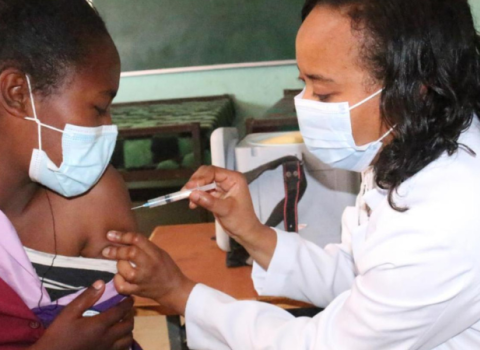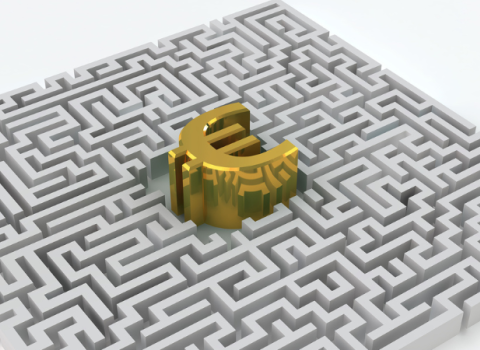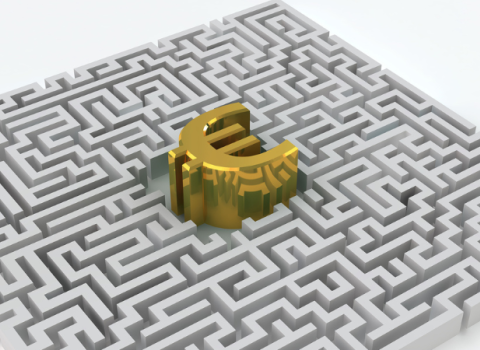Research lead
A Dutch scientist at the Institute for Molecules and Materials, Radboud University Nijmegen, has developed a method for growing high-quality protein crystals under weightless conditions on Earth.
These crystals are tricky to generate on Earth as their formation is hindered by fluid flows, which don’t exist in space – so scientists are looking to create weightless environments here that will allow crystals to grow without the expense of time and money required to make them outside the Earth’s orbit.
Paul Poodt at Radboud, supported by the Netherlands Organisation for Scientific Research, bases his technique on magnetism: the gravity-induced fluid flows that would normally disrupt crystallisation are suppressed by growing the crystals upside down in a strong magnetic field.
High-quality crystals are the first step to identifying how proteins structure and function, a central task in drug development. Once crystallised, a protein’s molecular structure can then be elucidated by X-ray crystallography, which determines the arrangement of atoms within a crystal from the pattern of X-ray diffraction and generates a three-dimensional image of electron density in the crystal.





 A unique international forum for public research organisations and companies to connect their external engagement with strategic interests around their R&D system.
A unique international forum for public research organisations and companies to connect their external engagement with strategic interests around their R&D system.